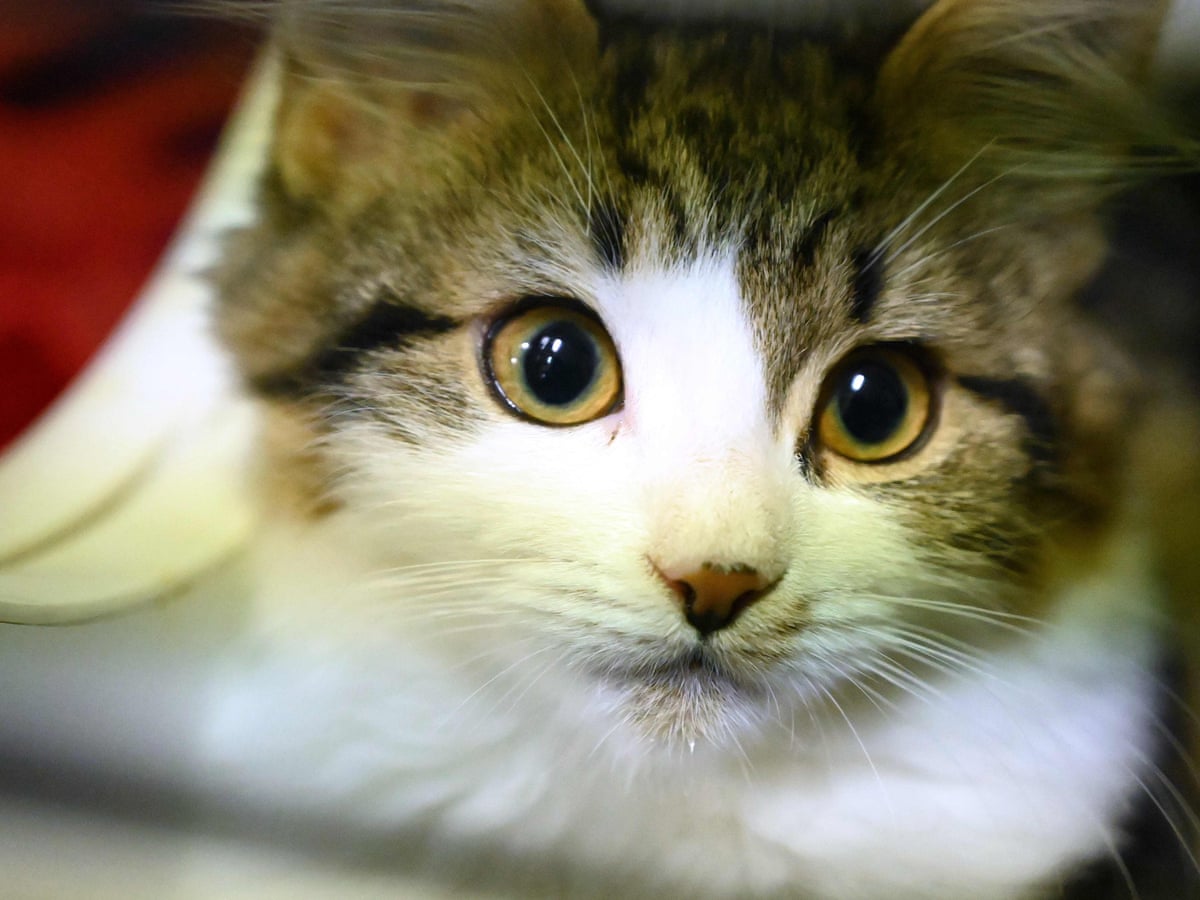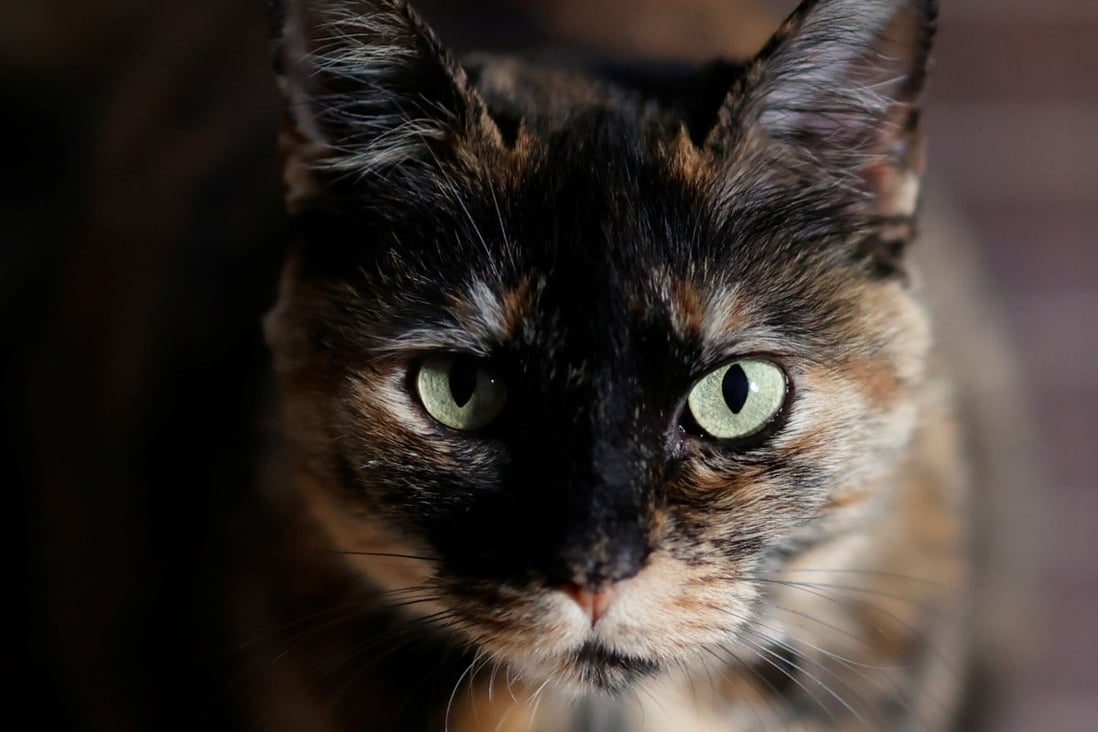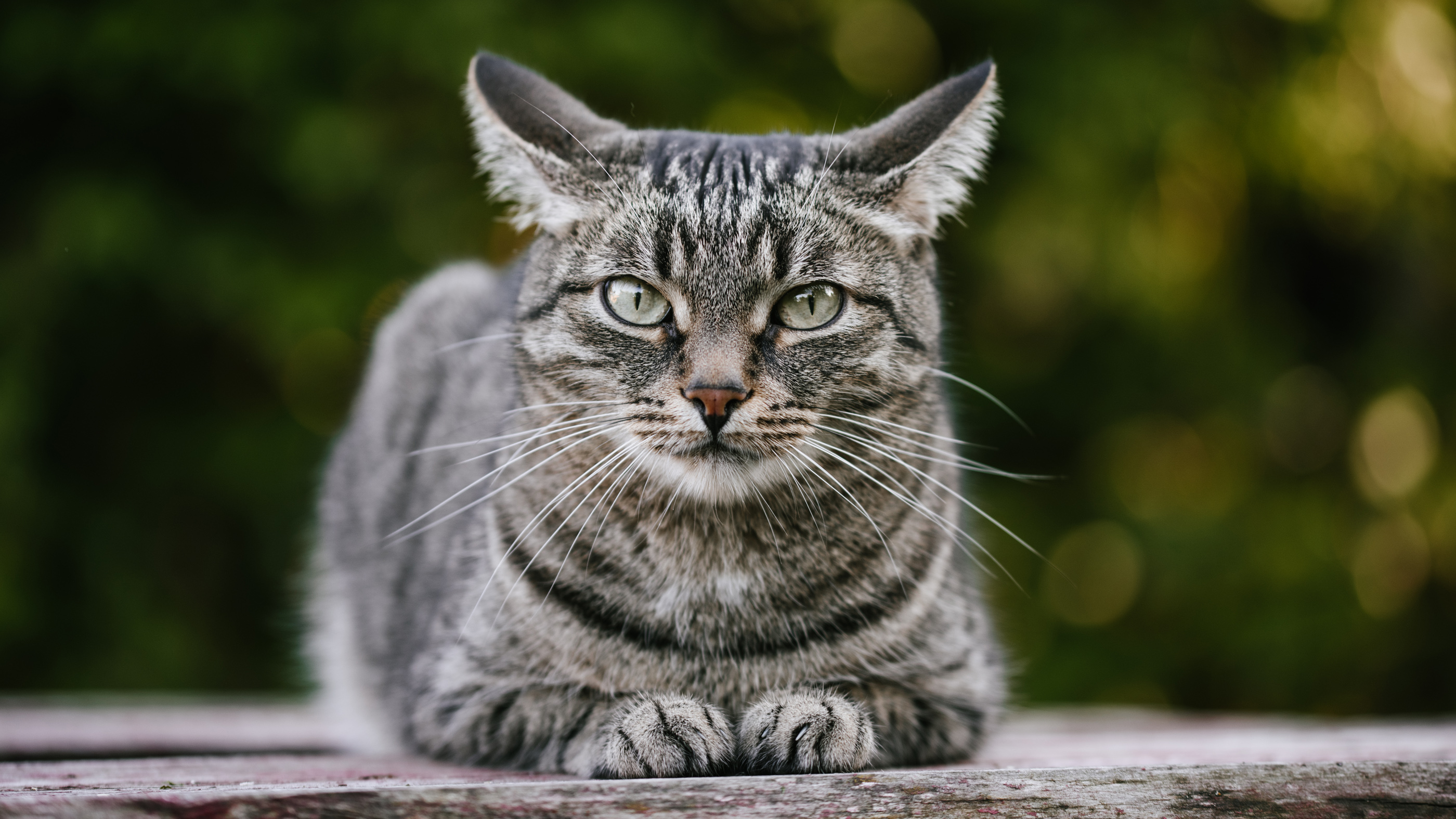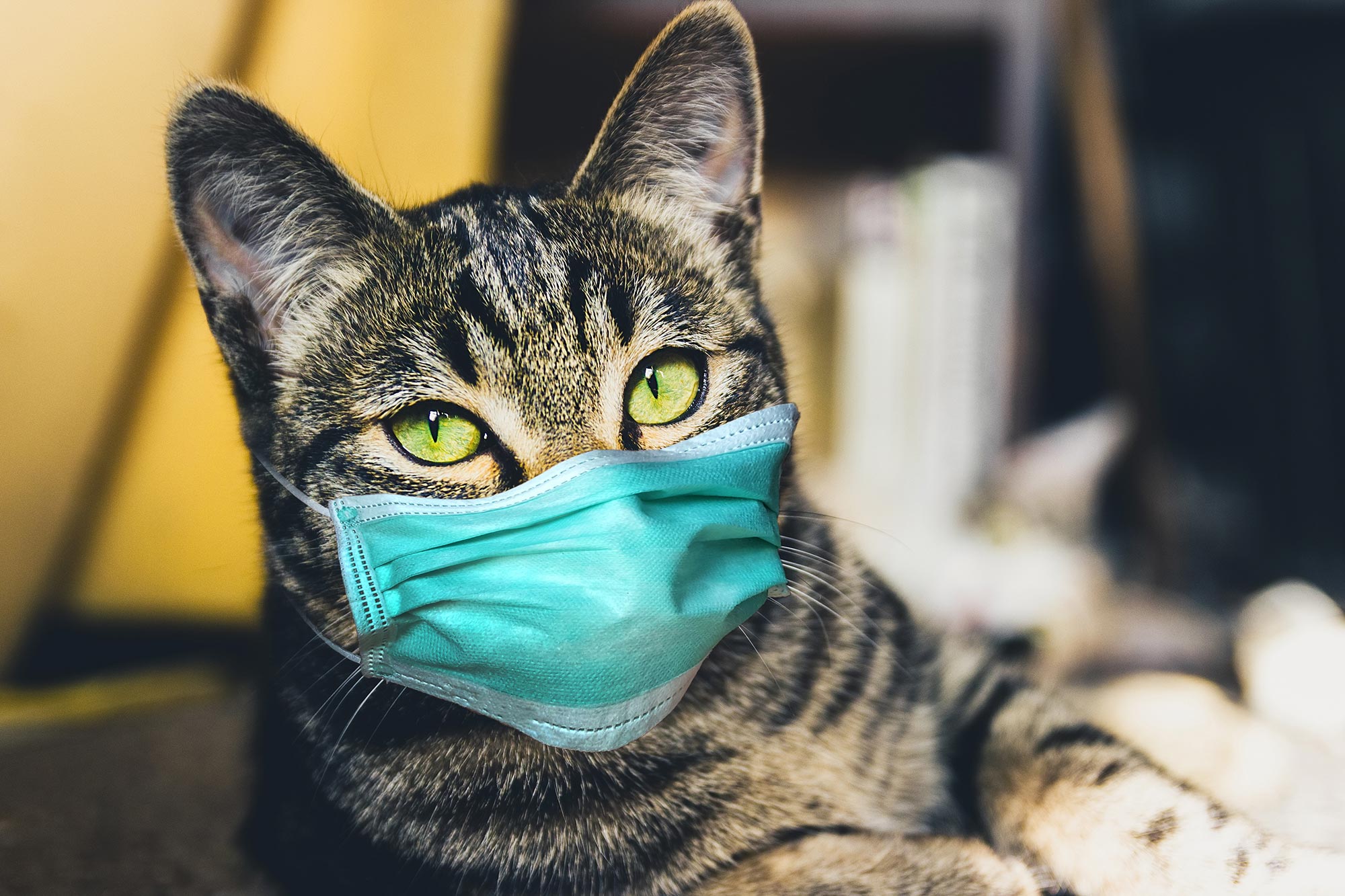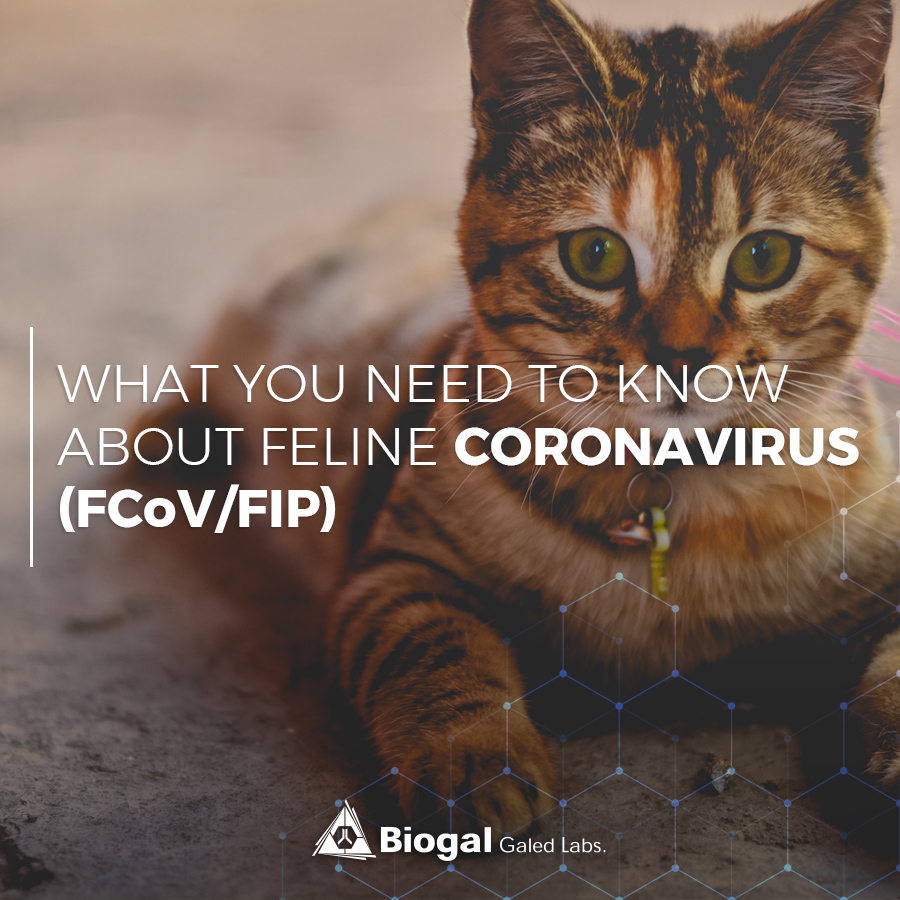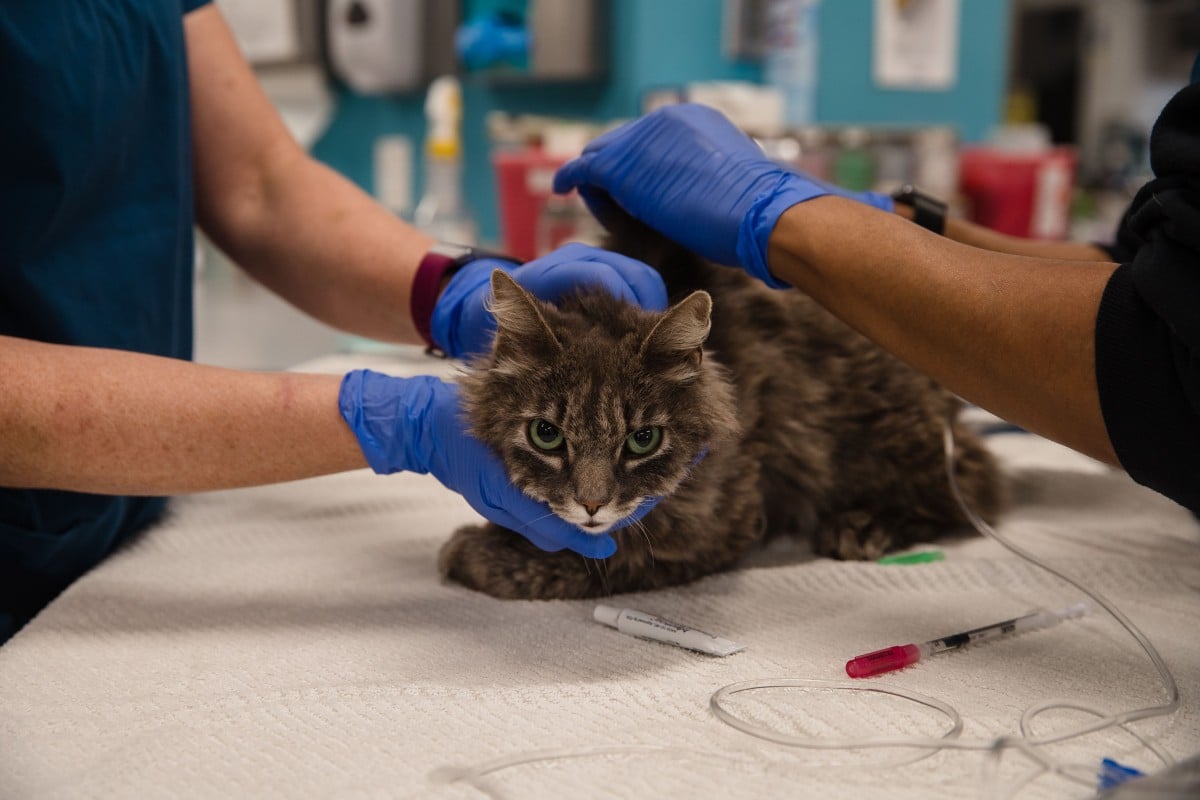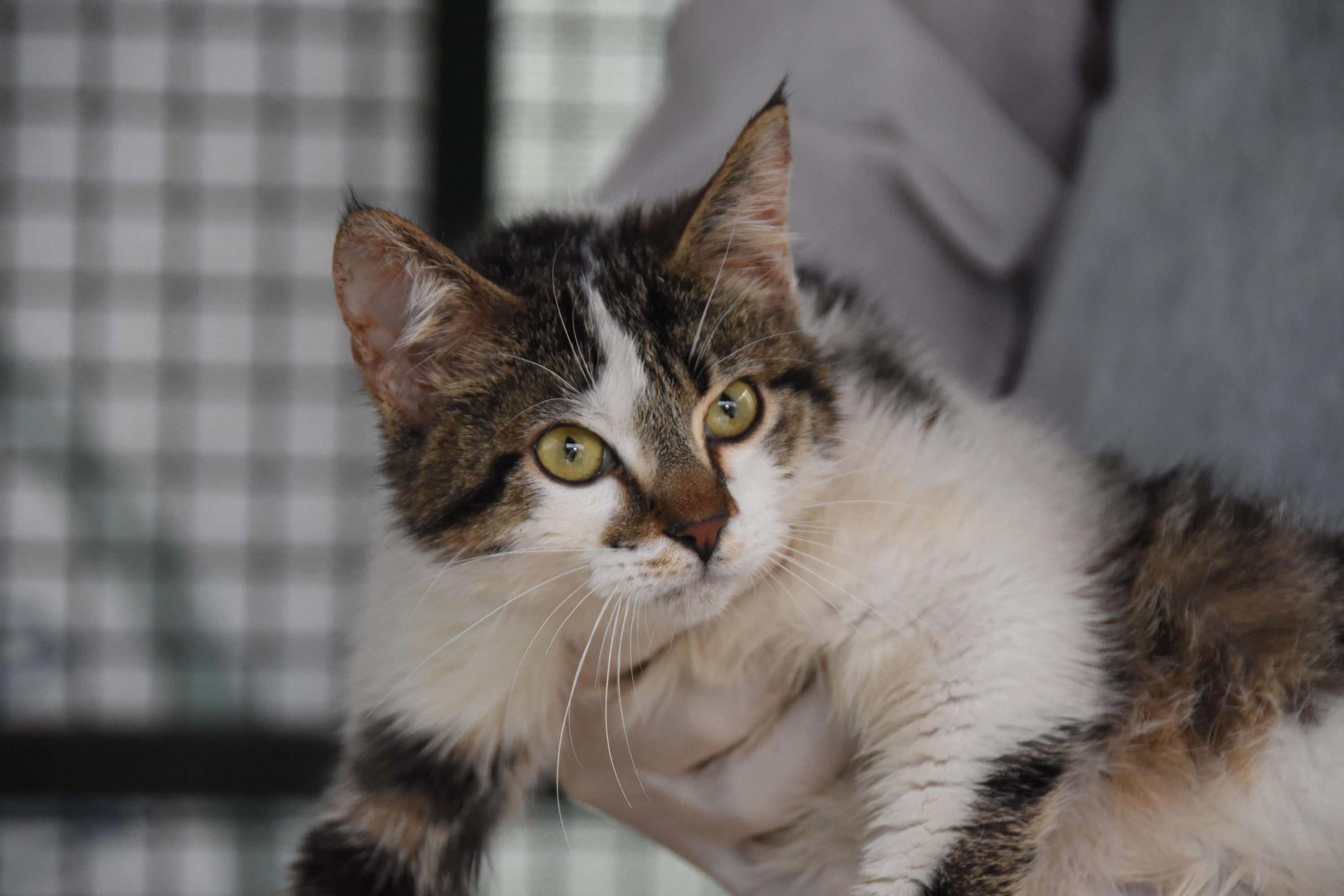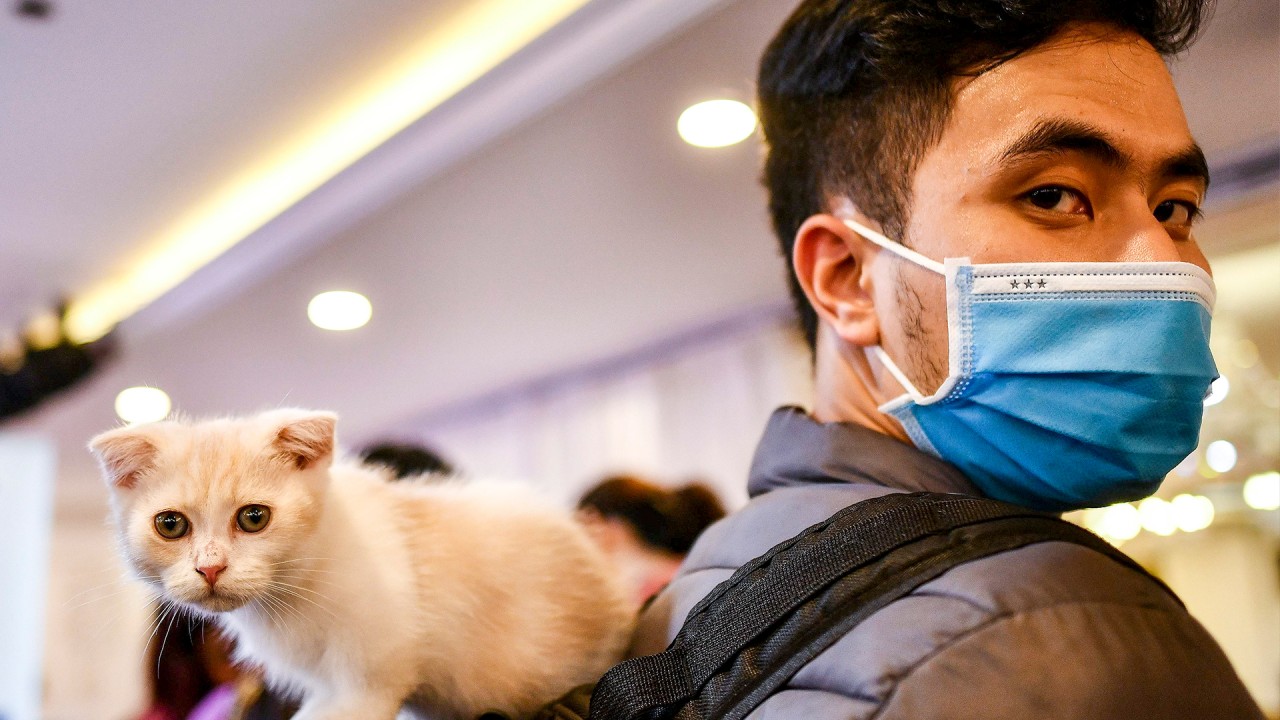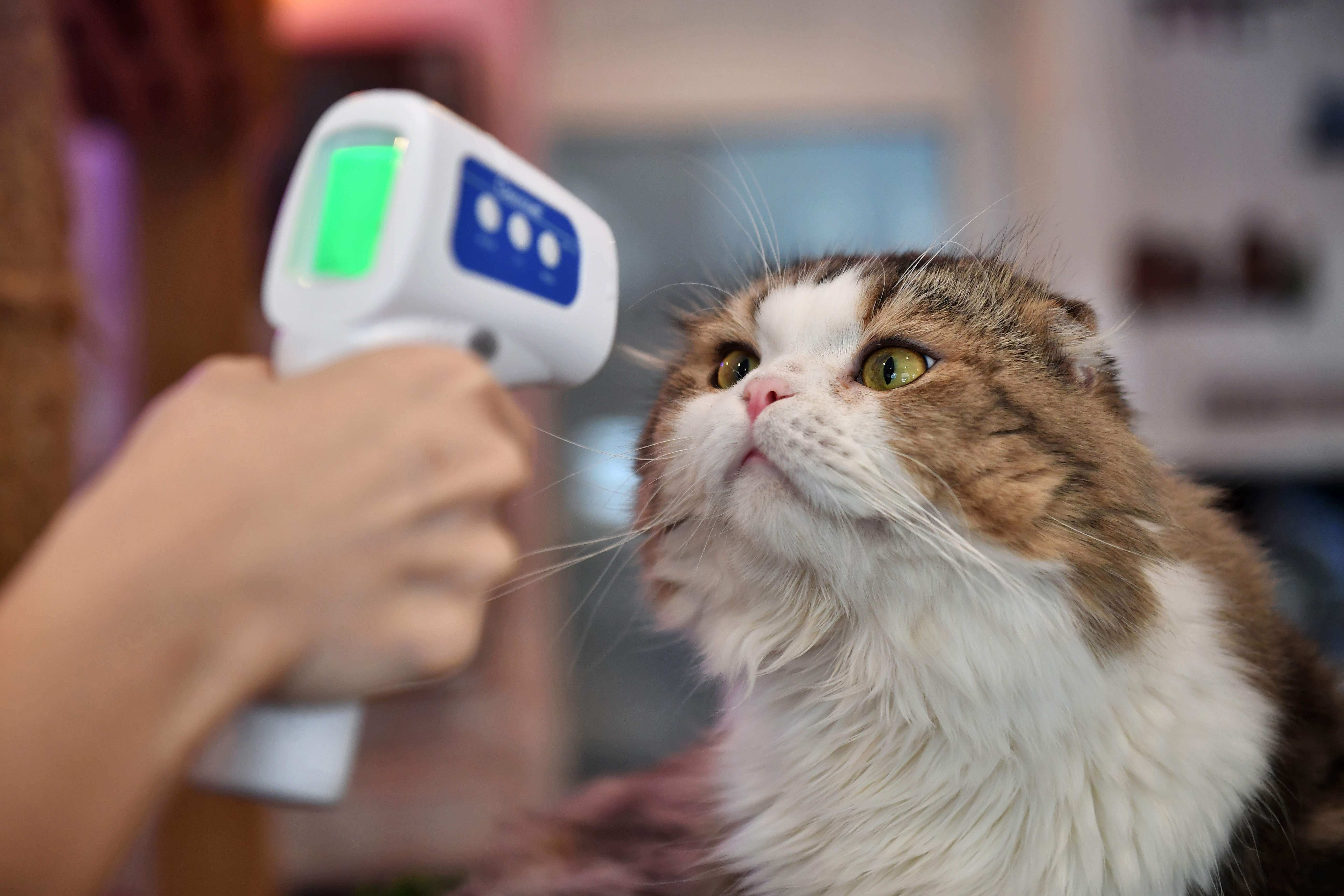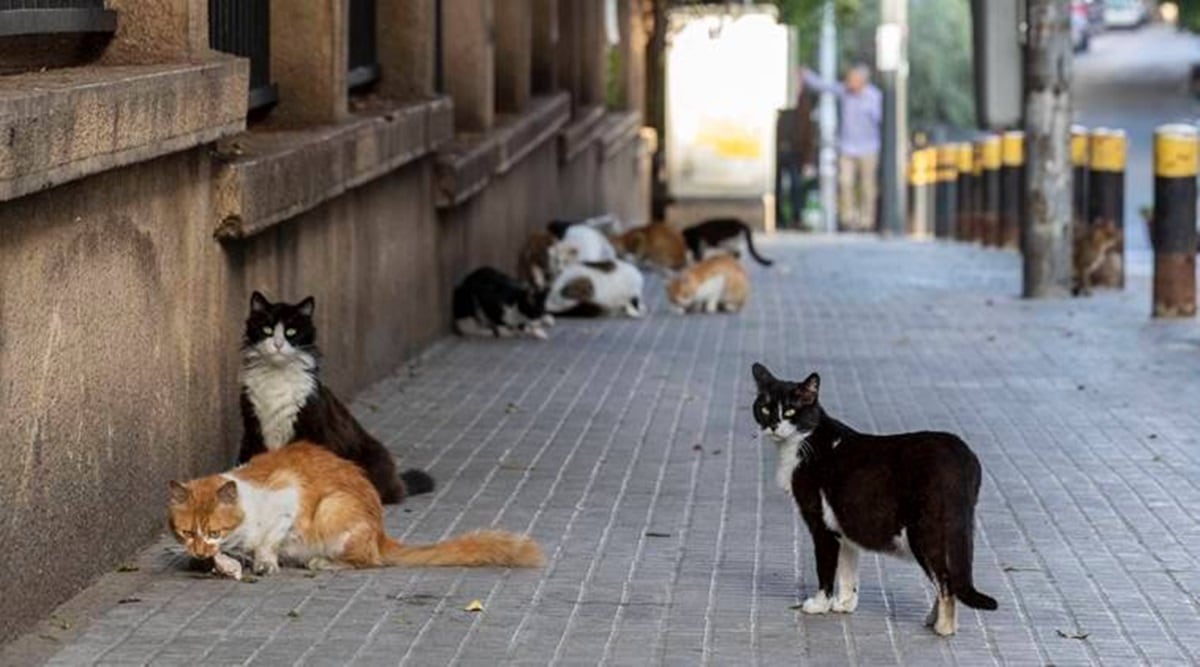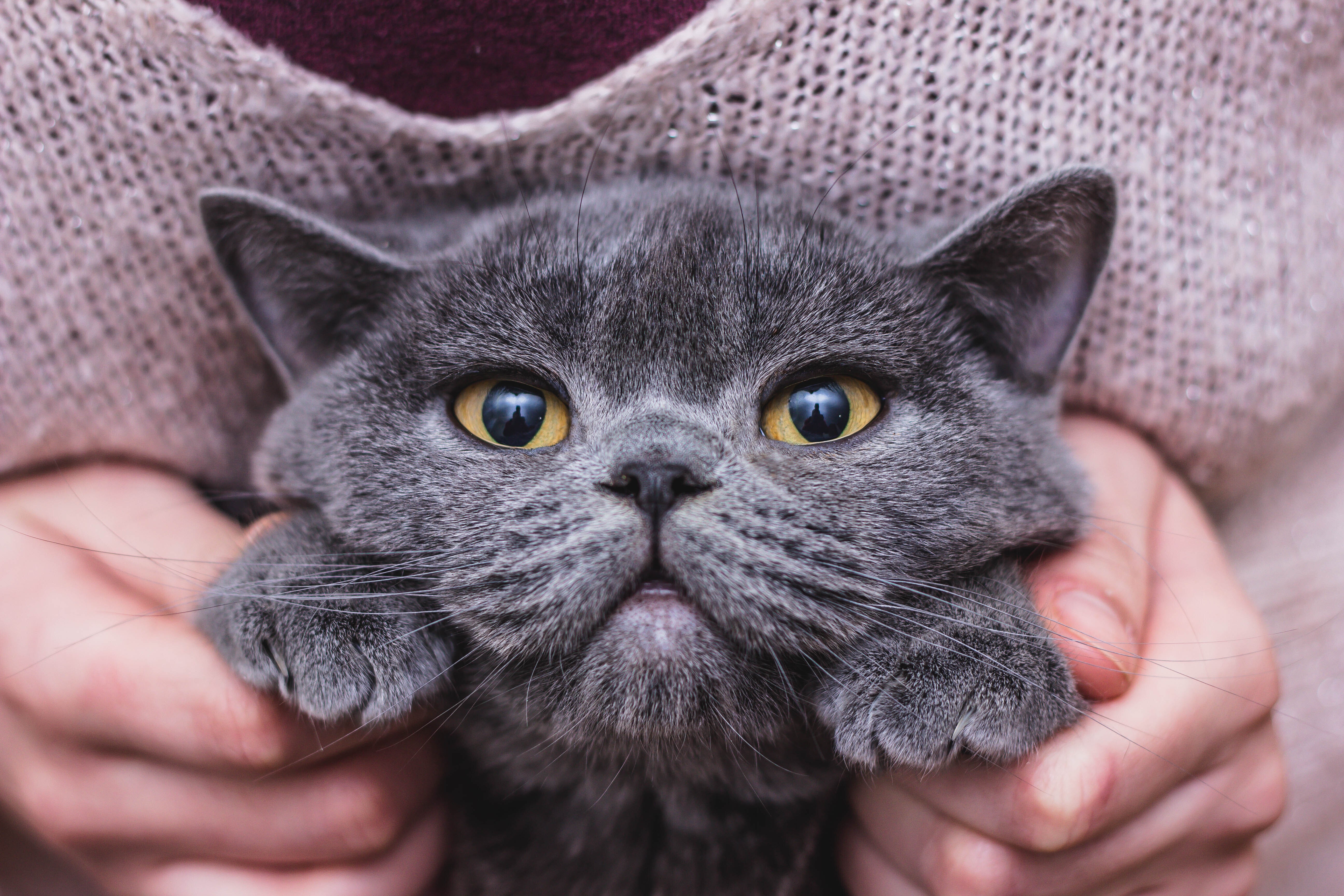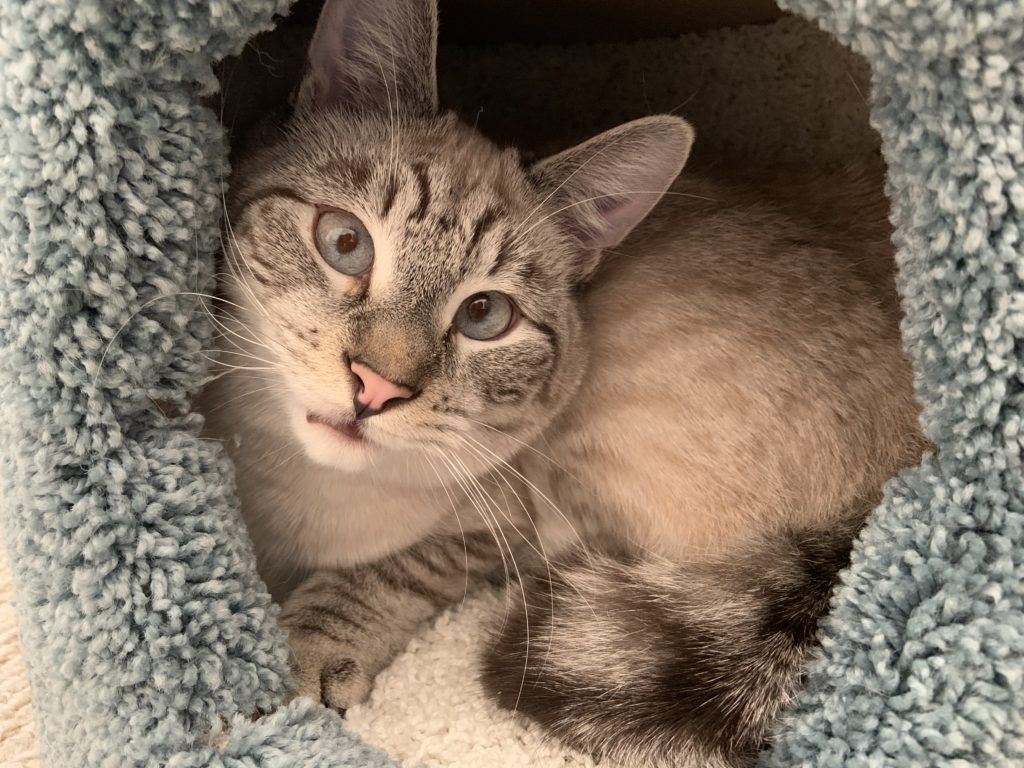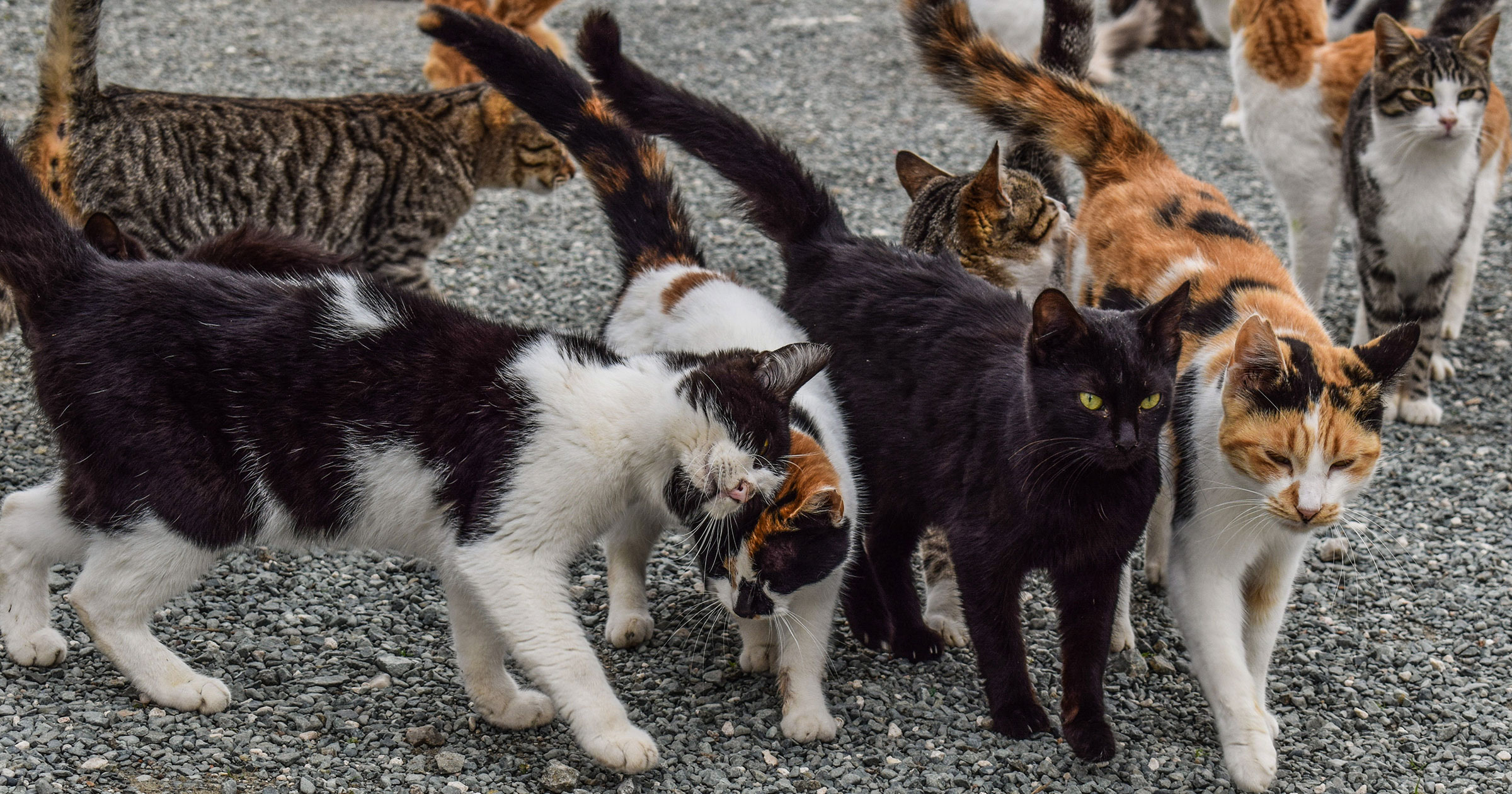Cats And Coronavirus Symptoms
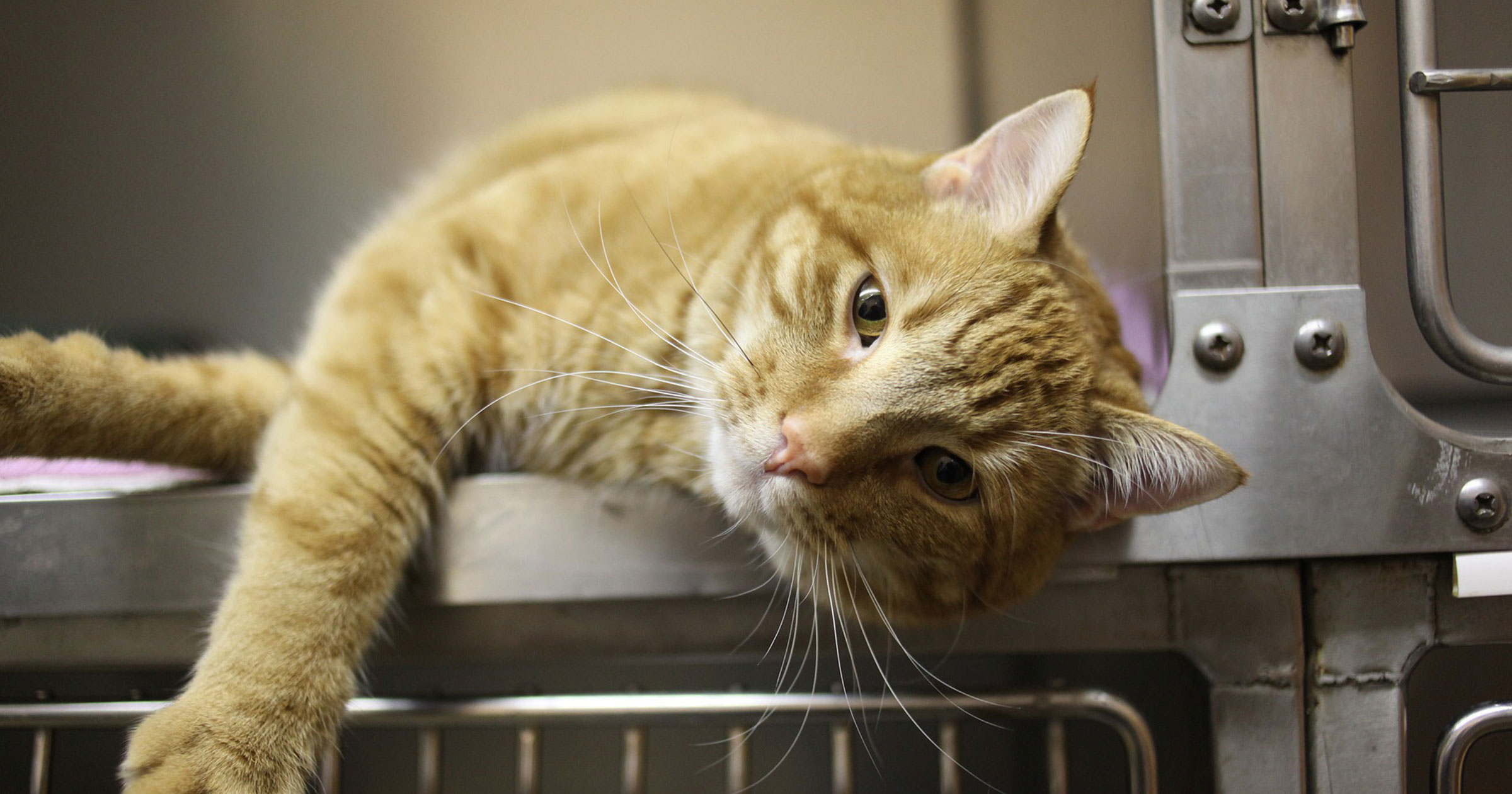
Symptoms but sadly most affected cats have to be euthanased.
Cats and coronavirus symptoms. At this point it appears house cats with COVID-19 developed a mild to moderate cough potentially accompanied by an increased breathing rate or. All 11 pets that underwent a second round of tests after another 1 to 3 weeks tested positive for antibodies and 3 cats still were positive for COVID-19. Both cats had mild respiratory symptoms and are expected to recover.
The majority of cases were mild and only 20 percent of dogs and 30 percent of cats had symptoms. Feline Coronavirus FCoV and Feline Infectious Peritonitis FIP VETERINARY GUIDE 10. Most of these animals became infected after contact with people with COVID-19 including owners caretakers or others who were in close contact.
What to do if you think your cat has COVID-19. This infection can affect the brain liver kidneys lungs and skin. As of late July a total of 97 cats in the United States have tested positive for the virus.
If your pet shows any signs of illness such as coughing sneezing or lethargy call or text your veterinarian to arrange treatment. As yet poorly understood changes in the virus can give rise to mutants that lead to the development of feline infectious peritonitis FIP. Experts advise coronavirus-infected households to keep their pet cats indoors.
Cats are susceptible to natural infection with several strains of feline coronavirus that may result in either effusive and noneffusive FIP disease or in subclinical to severe enteritis. If possible keep your cat indoors if they are happy to be kept indoors. Not all cats have to be kept indoors.
Cats appear to be at least mildly susceptible to COVID-19. What are the symptoms of coronavirus in cats. If your pet is experiencing respiratory symptoms or other nonspecific symptoms such as lethargy or not wanting to eat or drink then contact your veterinarian for further guidance.

